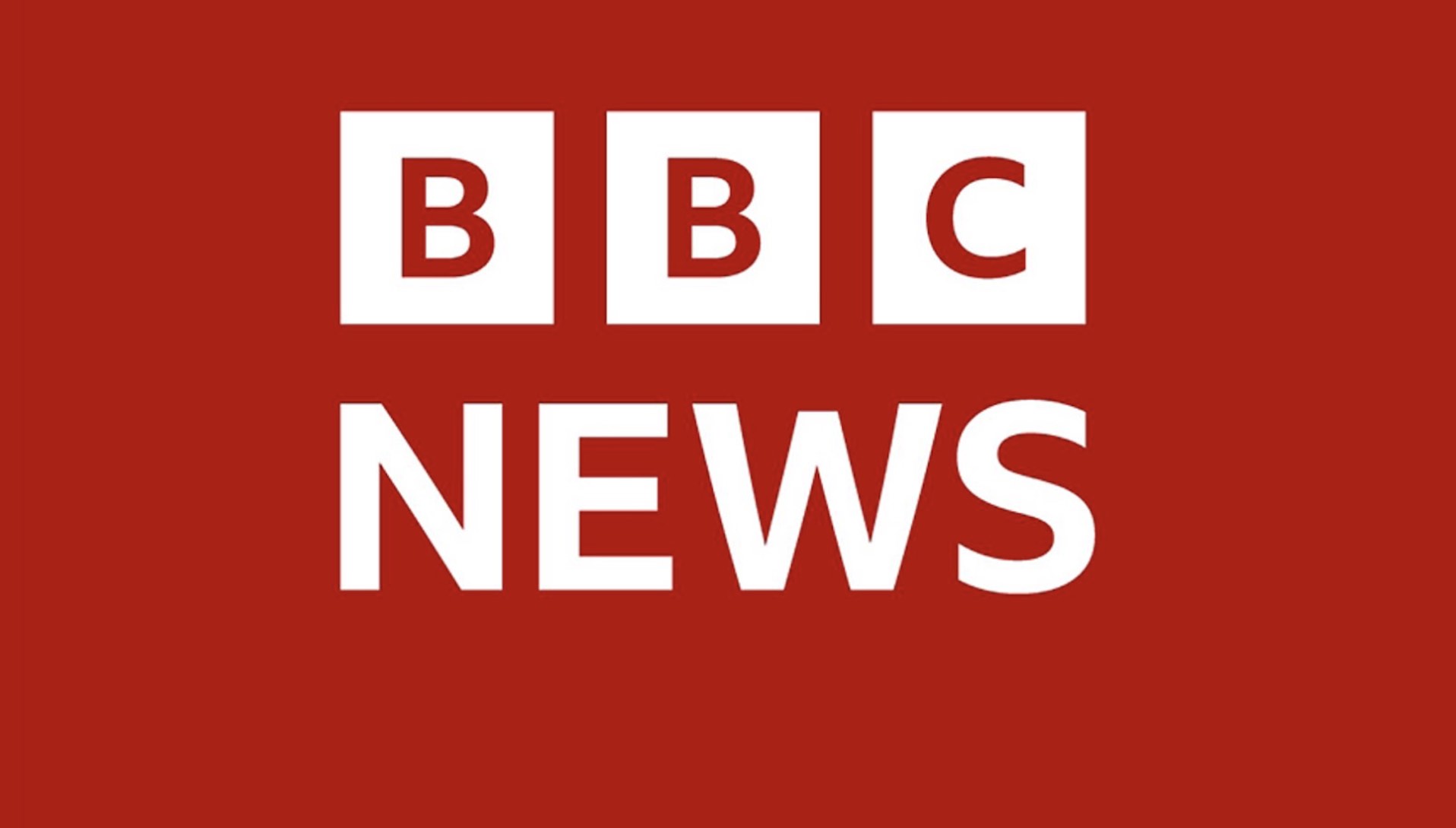BBC News has announced a restructure to include £500m of cuts, which will see Newsnight reformatted. There will also be nine fewer hours of single documentaries commissioned for BBC Two.
The BBC is proposing the closure of a number of roles across Newsnight’s reporting, production and operational functions.
Newsnight will remain as a nightly BBC Two TV programme from Mondays to Fridays, and will become a 30 minute interview, debate and discussion show.
With the flat Licence Fee settlement and the impact of inflation, the BBC needs to make £500m of savings.
As it shifts towards more digital coverage, BBC News will also increase its streaming offer on BBC iPlayer and the BBC News app and bring more in-depth, analytical, and high-impact reporting to its online audiences.
A new BBC News Investigations unit will be created, and areas such as BBC Verify will be boosted, with new reporting and production roles.
Pointing to changing news consumption habits, with linear TV audiences declining by 11% over the last five years, and the BBC is to invest in online news to respond to this.
Research shows audiences particularly value online breaking news, high-impact investigations, and forensic verification.
BBC News and Current Affairs CEO Deborah Turness says: “Like many businesses, we are in a tough financial climate and as our audiences shift rapidly from TV to online news consumption, we need to make choices about where we allocate our resources. While TV and radio remain crucial to BBC News, we must invest in our digital platforms to ensure they are also the home of our very best journalism, and today’s package of measures will accelerate this transformation.”
Deborah Turness adds: “Audiences have told us how much they value Newsnight as an iconic BBC debate and discussion programme, and we’ve listened to what they’ve said – we’ve made the decision to keep the programme on air five days a week, despite the financial challenges we face.
“Newsnight has also been a source of great investigative reporting and films but we know that people are consuming the news in different ways, and it can no longer make sense to keep a bespoke reporting team for a single television programme. We will offer more to audiences by investing to ensure the best investigative journalism and reporting is produced – and consumed – across the whole of BBC News.”
As part of this, a new BBC News Investigations Unit will bring together the best investigative talent across BBC News. New roles will be created in financial and political investigations.
A dedicated team will commission analysis from editors, specialists and experts around the world, and curate daily content including the best of the BBC’s written articles, podcasts and radio moments, investigations and documentaries in one place. Followers will be able to take part in digital live events with our experts and receive extra exclusive content.
As part of the BBC’s commitment to serving the whole of the UK, an extended hour-long edition of the BBC News at One will relocate to Salford, creating a daytime TV powerhouse in the city. This will be the first time a daily BBC national news bulletin will be broadcast outside London. There will be even more news content broadcast from Salford as BBC Breakfast will be extended for an extra 15 minutes daily.
There will be a restructure of BBC News’ story teams in the UK, with a focus on digital storytelling and live coverage, and a reduction in the amount of television packaging, as the BBC moves to digital-first.
The changes will involve the creation of specialist roles with OSINT (open source intelligence) and policy analysis expertise within and expanded BBC Verify, the specialist team with a range of investigative skills at its fingertips. They also include creating a UK Editor based in Salford; creating a Royal Editor; and adding new correspondent and reporter positions covering Artificial Intelligence, Financial and Political Investigations, Employment and Housing. There will also be a number of post closures within the teams. The changes to reporting positions have been designed to focus on areas which are of particular interest to today’s audiences.
The BBC’s Annual Plan sets out a reduction of 1,000 hours in content commissions. BBC News has undertaken a review of its current affairs programming and made the tough decision to close the Our World strand on the News Channel, and to make nine fewer hours of single documentaries each year for BBC Two. Panorama will continue as the flagship current affairs brand on BBC One, with no change in the number of hours.
Pippa Considine
Share this story

















